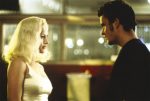Special Screenings: Film meets Philosophy
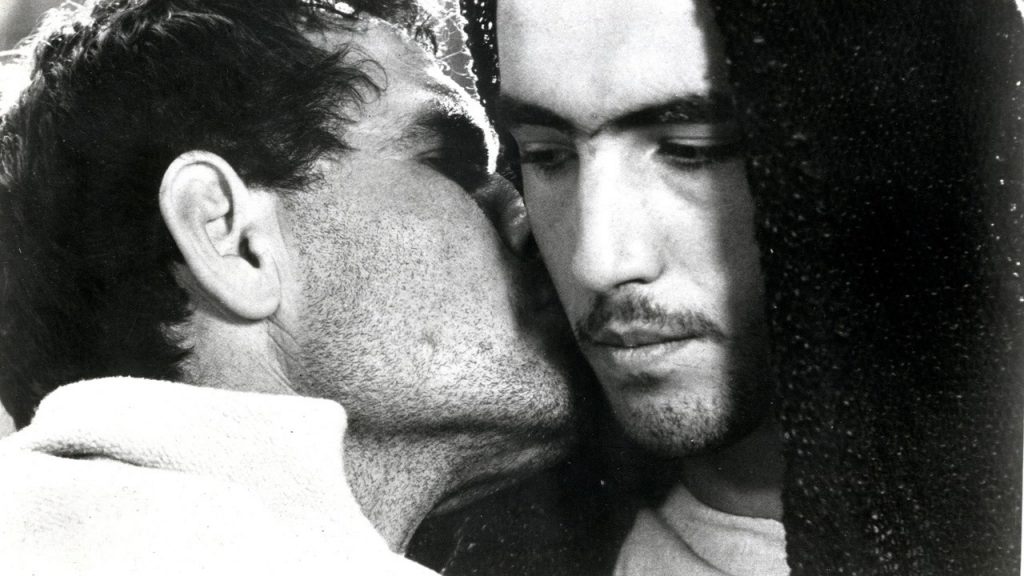
(May 22 / 20:00) THE GOSPEL ACCORDING TO ST. MATTHEW
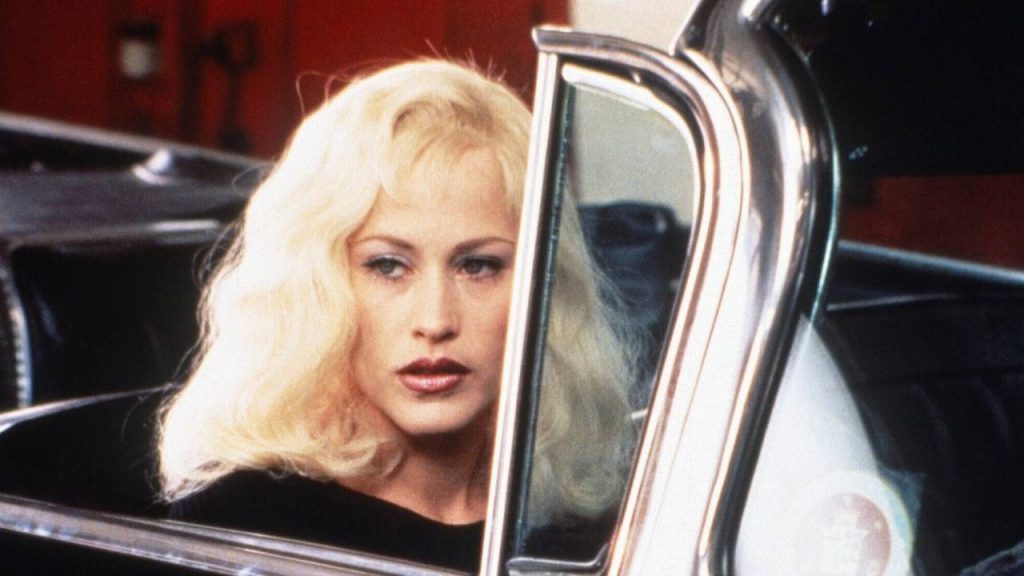
(May 24 / 18:00) LOST HIGHWAY
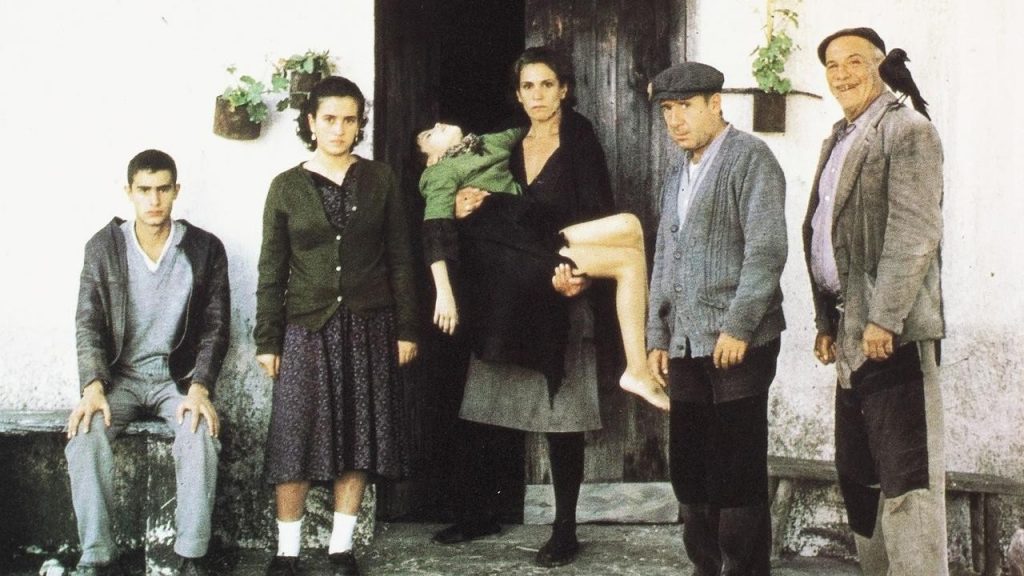
(May 27 / 18:00) THE HOLY INNOCENTS

(May 28 / 21:00) WITTGENSTEIN
-
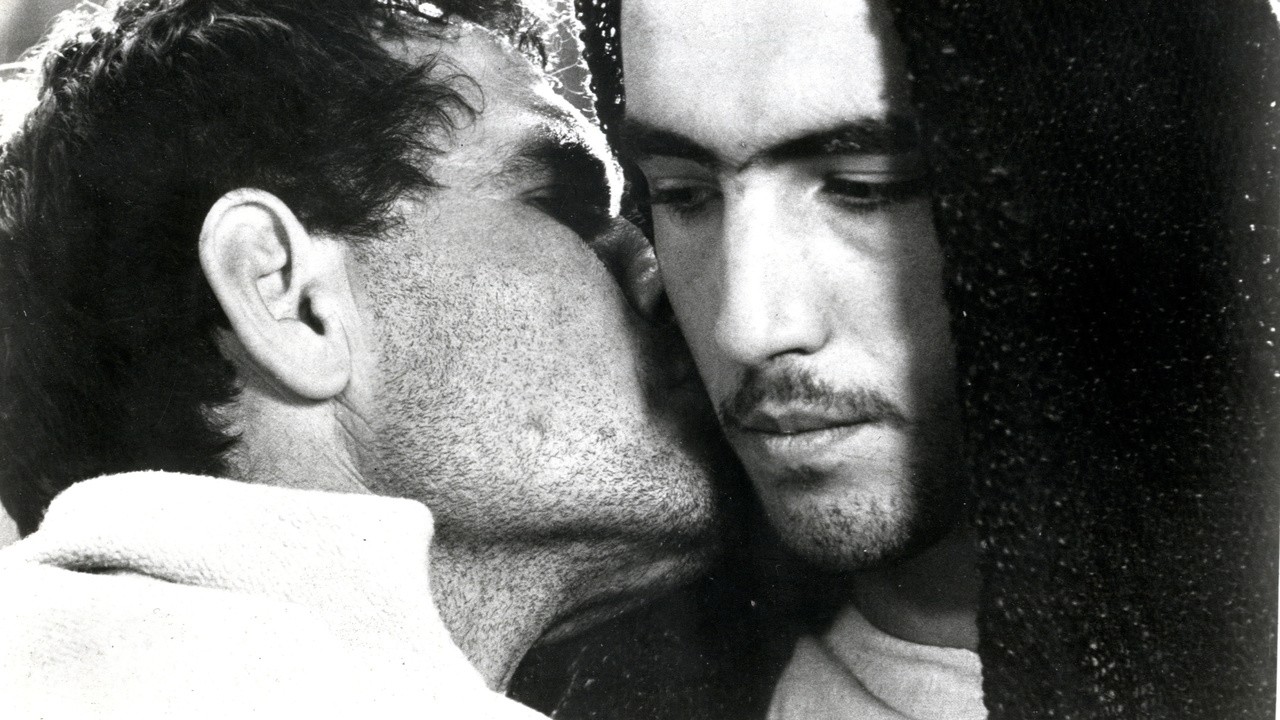
(May 22 / 20:00) THE GOSPEL ACCORDING TO ST. MATTHEW
May 22 (Thursday) 20:00
Cinematheque
THE GOSPEL ACCORDING TO ST. MATTHEW (Il vangelo secondo Matteo, 1964)
dir. Pier Paolo Pasolini, IT, FR, 137’
Populated by non-professional actors and filmed on raw southern Italian locations in the manner of Italian neorealism—with striking documentary-style black-and-white cinematography and an eclectic musical score ranging from Bach to blues—The Gospel According to Matthew is an impressively modest biblical biopic and a surprisingly warm portrait of a radically defiant Christ: one who brings not peace, but a sword (Matt. 10:34); one who confronts the Pharisees and hypocrites with uncompromising proclamations of a kingdom of justice for the downtrodden.
In this light, the seemingly accidental casting of Jesus also appears deeply intentional: Enrique Irazoqui, a nineteen-year-old Spanish student with Marxist beliefs, happened to be visiting Rome at the very time Pasolini was searching for his lead. Beyond the biblical, Irazoqui’s portrayal channels the rebellious spirit of the 1960s—a Christ who protests against war, materialism, and class privilege.
Gentle, intuitive, and openly faithful to the New Testament text (whose poetic peaks serve as its immediate inspiration), The Gospel According to Matthew expresses Pasolini’s distinctive “cultural Catholicism,” grounded in a dream of liberating the historical Christ from dogmatic constraints in order to highlight his revolutionary ethics and boundless empathy.
Through this transfigurative act, The Gospel According to Matthew becomes not only one of the finest films about the life of Jesus, but also a profoundly human, rigorous, and sincere meditation on the inseparable bond between faith, the sacred, and radical revolt. -
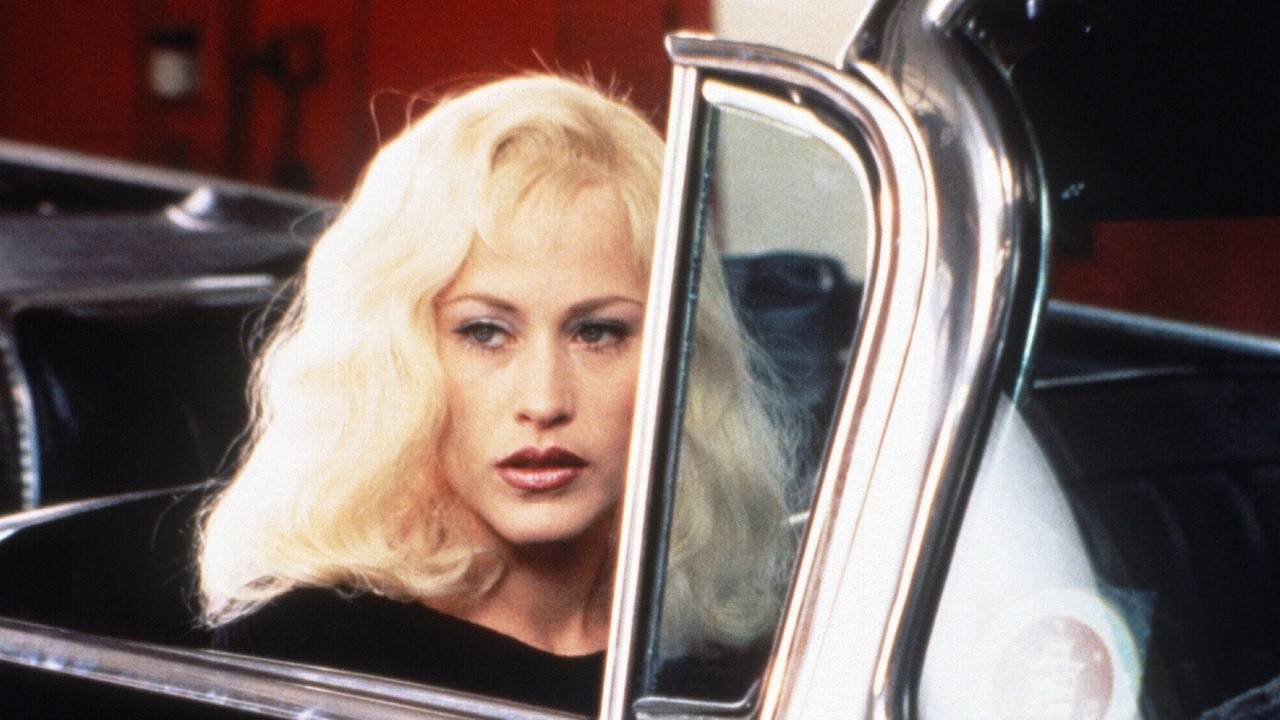
(May 24 / 18:00) LOST HIGHWAY
May 24.(Saturday) 18:00
Cinematheque
LOST HIGHWAY (1997)
dir. David Lynch, US, FR, 134’
Guest Lecturer: Özer Özkantar
Lecture: Lost Highways of the Mind: Exploring David Lynch's Cinematic Philosophy ENG
A cinematic fugue from and about the dark corridors of the subconscious, Lynch’s Lost Highway hypnotically and nightmarishly juxtaposes two interwoven destinies. The first follows jazz musician Fred Madison, who begins receiving mysterious videotapes showing him and his wife inside their home—leading him to suspect she is having an affair. After being accused of her murder, he inexplicably disappears.
The second story draws young auto mechanic Pete Dayton into the orbit of the seductive Alice Wakefield (a double of Renée, also played by Arquette), who uses him to flirtatiously manipulate her brutal lover.
A surreal neo-noir, Lost Highway is a metaphysical exploration of the fluid nature of identity, textured with eerie visual sequences. As always, Lynch masterfully sustains an atmosphere of constant mystery and narrative ambiguity, crafting a film that, while resisting conventional analysis, penetrates deeply and powerfully into the subconscious—from where, it seems, it inevitably emerges. -
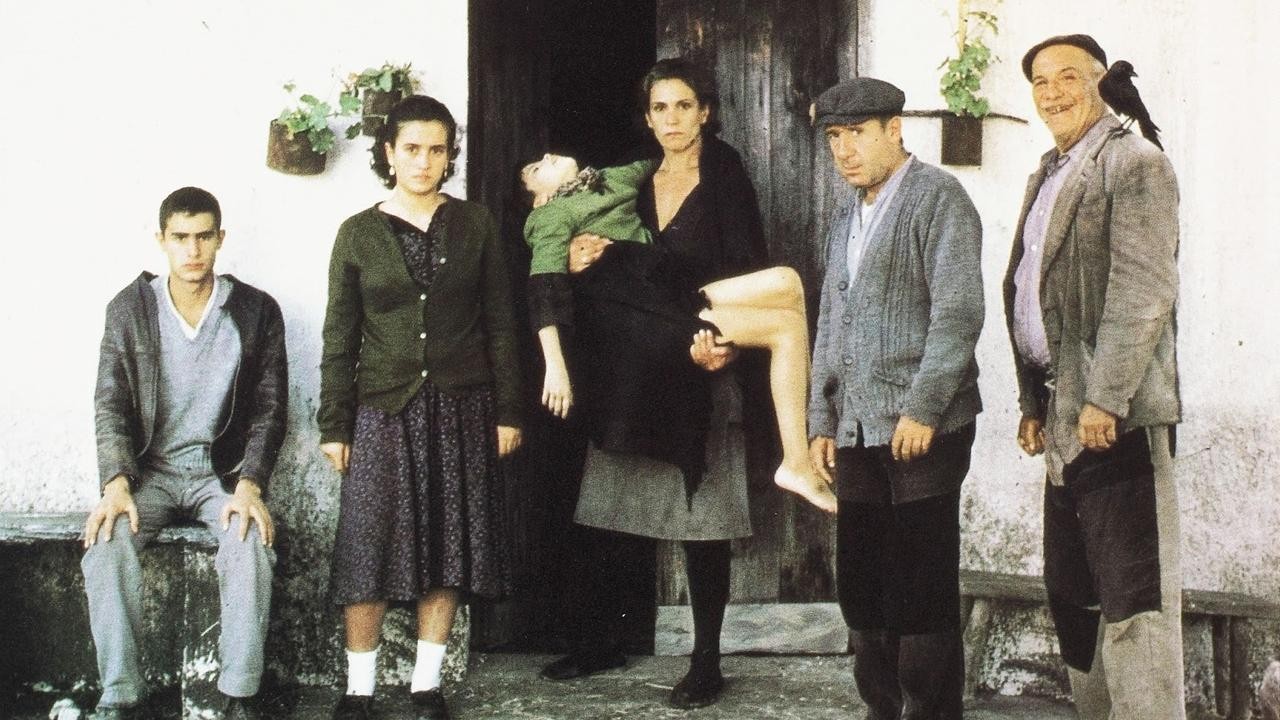
(May 27 / 18:00) THE HOLY INNOCENTS
May 27 (Tuesday) 18:00
Cinematheque
THE HOLY INNOCENTS (Los santos inocentes, 1984)
dir. Mario Camus, ES, 107’
Guest Lecturer: Martin Heredero Campo
Lecture: “Where does evil lie?” ENG
The action of The Holy Innocents unfolds in rural Spain during the 1960s, following the life of a peasant family forced to serve on the estate of powerful landowners. Their attempts to escape poverty through literacy are undermined by routinized obedience and a fate passed down through generations. That is, until one unexpected, violent act alters the course of their lives…
Through this brutal depiction of the deep social divide between an unfeeling aristocracy and a subjugated working class, Mario Camus constructs a powerful study of Francoist Spain. With a title that painfully evokes the Massacre of the Innocents in Bethlehem (Matt. 2:16–18), the film—despite its cathartic ending—remains a bitter testimony to the suffering of entire generations of disenfranchised people, ruthlessly sacrificed on the altar of power and privilege.
The Holy Innocents achieved both national and international acclaim, winning Best Actor awards at the 1984 Cannes Film Festival and breaking all box office records in Spain. -

(May 28 / 21:00) WITTGENSTEIN
May 28 (Wednesday) 21:00
Cinematheque
WITTGENSTEIN (1993)
dir. Derek Jarman, GB, JP, 72’
Guest Lecturer: Ernesto Heredero del Campo
Homage – Recorded Video Presentation Wittgenstein and Cinema
Wittgenstein is one of the final works in the extraordinarily rich and multilayered artistic oeuvre of Derek Jarman (director, painter, writer, poet, designer, gardener). Based on a screenplay by literary theorist Terry Eagleton, the film offers a stylized dramatization of the life and philosophy of Ludwig Wittgenstein (1889–1951), through a series of episodes from his vivid biography—visualized in minimalist, theatrical staging. The film presents scenes from Wittgenstein’s childhood, his participation in World War I, his studies and professorship at Cambridge, as well as his friendships and intimate relationships.
It is precisely these personal struggles and connections—set in contrast with his complex philosophical ideas (on the nature and limits of language, the paradoxes of logic, and the (im)possibility of communication)—that serve as Jarman’s foundation for a striking study of existence in the modern world, where mutual understanding appears equally elusive in theoretical reflection and in practical life.















